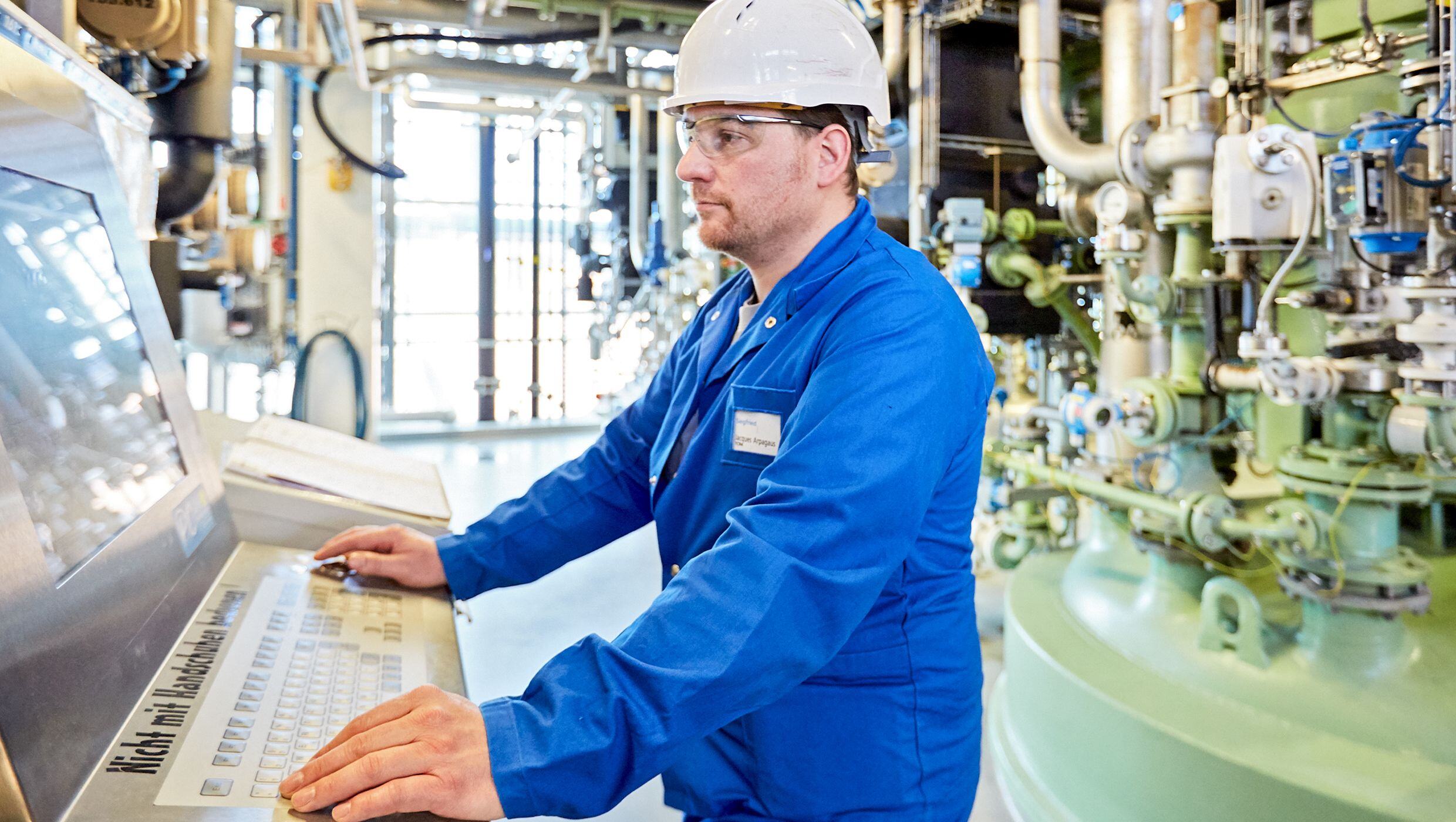Luca Dalla Torre, Chief Legal and Sustainability Officer speaks about how sustainability is part of daily business, our key achievements and plans for the future.
Sustainability is one of Siegfried’s corporate values. How is this reflected in day-to-day operations?
At Siegfried, sustainability is an integral part of how we operate every day, guided by a clear strategy, strong governance, and tangible performance metrics. Our sustainability approach is built around three core pillars: environmental responsibility, close collaboration with customers, and a strong focus on integrity, culture, and people.
On an operational level, this means continuously improving efficiency, reducing our environmental footprint, and taking concrete steps to optimize energy consumption and waste management. We also work closely with our customers to develop innovative and more sustainable products and solutions, ensuring that sustainability is embedded across the value chain.
Equally important is our internal culture. We invest in our people, promote a values-based mindset, and foster an environment rooted in integrity and collaboration, enabling our teams to perform at their best.
Sustainability is further reinforced through our governance and incentive structures. ESG-related objectives are embedded in our short-term incentive scheme, covering environmental aspects such as recycling and waste reduction, social priorities including health, safety, and employee development, as well as governance topics like supply chain integrity and ESRS reporting. With ESG performance accounting for up to 15% of incentive weighting, sustainability is clearly positioned as a driver of decision-making and accountability.
Overall, this combination of strategic focus, measurable targets, and day-to-day execution ensures that sustainability at Siegfried is not just a stated value, but a practical principle shaping how we work.
What were the key achievements related to sustainability at Siegfried in 2025?
A significant milestone in 2025 was the validation approval of Siegfried’s greenhouse gas (GHG) reduction targets by the Science Based Targets initiative (SBTi), making us one of the first CDMOs to have validated net zero targets. By 2033, we aim to reduce Scope 1 and 2 emissions by 67% (from 2020 levels), decrease key Scope 3 emissions by 32% (from 2022 levels), and ensure that 85% of our suppliers adopt science-based targets by 2029. We are committed to achieving net-zero emissions across our value chain by 2050, targeting a 90% reduction in Scope 1, 2, and key Scope 3 emissions (from 2022 levels). This validation reflects Siegfried’s long-term commitment to climate leadership and a more sustainable pharmaceutical value chain.
To complement this commitment, we launched several initiatives to advance decarbonization. We established a decarbonization roadmap for our largest Drug Substances sites focused on three pillars: reducing energy intensity through efficiency and process improvements, transitioning thermal energy use via electrification and low-carbon alternatives, and increasing the share of renewable electricity For one customer’s most impactful product, we developed and delivered a product carbon footprint calculation as a service—and then significantly reduced the footprint of the associated production process. We also launched project “Re-Solve" focused on reducing solvent waste by increasing reuse and recovery of organic solvents, a major contributor to Siegfried’s hazardous waste and Scope 3 emissions. A dedicated task force targets the four sites responsible for a large part of our Scope 3 emissions, working closely with quality, regulatory teams and customers to deliver high-impact improvements without compromising product quality.
These efforts were recognized externally, with Siegfried maintaining all its sustainability distinctions and receiving a low-risk rating from both Sustainalytics and Morningstar.
How will Siegfried start to make momentum on its science-based targets in 2026 and beyond?
From 2026 onward, Siegfried will focus on translating its science-based targets into tangible progress across the organization. With clear, validated targets in place, the emphasis shifts to disciplined execution and sustained momentum.
We will accelerate decarbonization initiatives at our sites by improving energy efficiency, expanding the use of renewable energy, and integrating climate considerations into major investments, technology choices, and capacity expansions. Executing on project “Re-Solve”, the reduction, reuse and recycling of organic solvents, will also remain a focus for our teams. Sustainability will increasingly be embedded into operational excellence programs, ensuring that emissions reductions go hand in hand with efficiency, quality, and reliability.
At the same time, we will strengthen data transparency and governance to consistently measure progress and steer performance across our global network. Looking beyond our own operations, we aim to drive impact together with customers and suppliers by deepening collaboration on Scope 3 emissions and promoting shared responsibility across the value chain.
By anchoring our science-based targets in daily decision-making and long-term strategy, Siegfried is turning ambition into action—supporting resilient growth, reinforcing trust with partners, and contributing to a more sustainable pharmaceutical industry over the long term.
